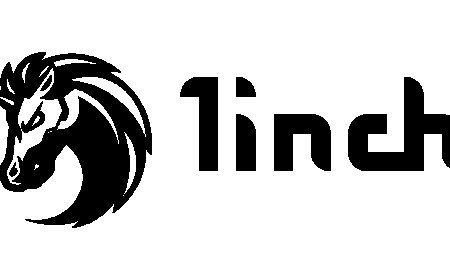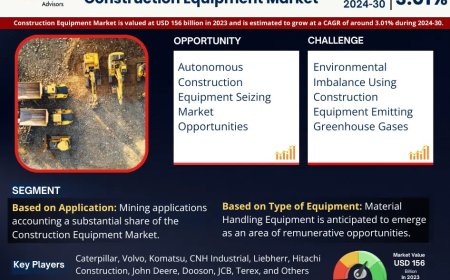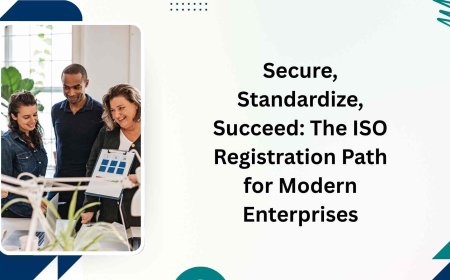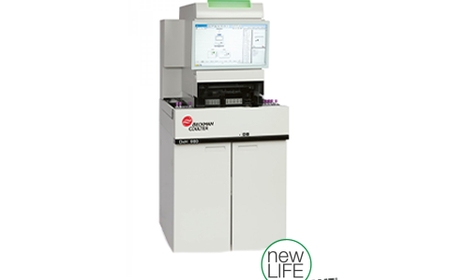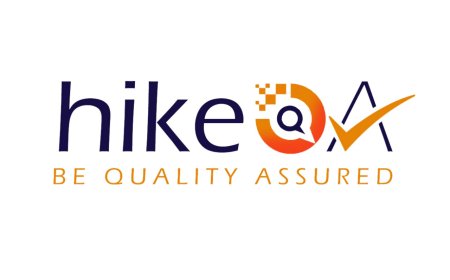School ERP vs Traditional Management: Which One Wins in 2025?
Discover the key differences between School ERP systems and traditional management methods. Learn why ERP is essential for school owners in 2025.

Running a school in 2025 comes with more complexityand opportunitythan ever before. Parents expect real-time updates. Teachers need tools to simplify daily tasks. Administrators are pressured to manage fees, attendance, and complianceall while improving learning outcomes.
Yet, many schools still rely on traditional management methodsmanual paperwork, Excel sheets, and disconnected tools. In contrast, modern schools are turning to School ERP software to streamline operations and improve decision-making.
In this article, we compare School ERP vs traditional school management to help school owners understand which approach is best in 2025.
What Is School ERP Software?
A School ERP (Enterprise Resource Planning) system is an all-in-one digital platform designed to manage administrative, academic, financial, and communication tasks in educational institutions.
Common School ERP Modules:
-
Student Information System (SIS)
-
Attendance and Timetable Management
-
Online Fee Collection and Accounting
-
Exam and Report Card Generation
-
Staff HR and Payroll
-
Parent-Teacher Communication Portals
-
Real-Time Analytics and Reporting
These tools are usually cloud-based, accessible via web and mobile apps, and built for scalability.
What Is Traditional School Management?
Traditional school management refers to the use of manual processes or basic digital tools like spreadsheets, registers, and physical files for managing school operations.
While familiar, this method struggles to meet the demands of modern education.
Limitations of Traditional Methods:
-
Manual data entry increases errors
-
Time-consuming administrative work
-
Poor parent engagement and communication
-
No centralized student performance tracking
-
Difficult to scale across multiple campuses
School ERP vs Traditional Management: Feature Comparison
Heres a side-by-side look at how School ERP systems outperform traditional methods in 2025:
| Function | Traditional Management | School ERP Software (2025) |
|---|---|---|
| Data Handling | Paper files, Excel sheets | Centralized, cloud-based dashboard |
| Fee Management | Manual collection, receipts | Online payments, auto-reminders |
| Attendance Tracking | Manual registers | Biometric, app-based, real-time |
| Parent Communication | PTMs, printed notices | Mobile app, instant notifications |
| Academic Reports | Manual grading & printing | Auto-generated report cards |
| Staff Management | Manual salary and HR processes | Automated payroll, leave tracking |
| Decision-Making | Delayed, paper-based reports | Real-time data analytics |
| Scalability | Limited by manual systems | Supports multi-campus institutions |
7 Benefits of School ERP Systems for School Owners
1. Automated Administration
ERP systems automate repetitive tasks like attendance, fee reminders, and exam scheduling, saving hours of manual work.
2. Real-Time Parent Engagement
Parents can receive real-time updates on grades, attendance, and fees through a mobile appimproving trust and satisfaction.
3. Online Fee Management
School ERP platforms support secure online payments, auto-generated invoices, and remindersreducing late payments and human error.
4. Centralized Student Records
All academic and behavioral data is stored in a secure cloud database, accessible by authorized staff anytime.
5. Data-Driven Decision Making
Built-in analytics help you monitor academic performance, attendance trends, fee collection, and resource usage.
6. Customizable & Scalable
Whether you run a single school or multiple campuses, ERP systems grow with your institution, offering multi-campus support.
7. Compliance Made Easy
Generate audit-ready reports and meet regulatory requirements without scrambling for paper files.
Common Concerns About School ERP (And the Truth)
Isnt ERP Software Expensive?
Reality: Many ERP solutions offer affordable, flexible pricing planseven for small schools. Long-term, it saves money by improving efficiency.
Will My Staff Be Able to Use It?
Reality: Todays ERPs have user-friendly dashboards and mobile apps. Vendors provide training, onboarding, and ongoing support.
Is My Data Safe in the Cloud?
Reality: Reputable ERP providers use bank-grade encryption, role-based access, and daily backups to keep data secure.
How to Choose the Best School ERP Software in 2025
Must-Have Features:
-
Cloud-based and mobile-compatible
-
Integrated fee management
-
Real-time communication tools
-
Timetable, attendance, and exam management
-
Role-based access for staff, students, and parents
-
Customizable dashboard and analytics
What to Consider:
-
Ease of Use: Can your team use it without technical training?
-
Customer Support: Does the vendor offer 24/7 help?
-
Scalability: Will it grow with your school?
-
Customization: Can you adapt it to your schools workflow?
-
Reputation: Check reviews and ask for client case studies.
Real Case Study: A Schools ERP Transformation
Future Minds International School, a private institution with 800+ students, used manual admin methods until 2023. After switching to an ERP system:
-
Administrative workload dropped by 45%
-
Online fee collection increased by 30%
-
Parent satisfaction improved significantly
-
Real-time analytics enabled data-driven planning
Today, theyve added a second campus, all managed under the same ERP platform.
Why School ERP Is the Winning Choice in 2025
School ERP software isnt just a digital toolits a strategic investment.
In 2025, schools that rely on traditional management face delays, inefficiencies, and poor parent engagement. On the other hand, ERP-powered institutions enjoy:
-
Streamlined operations
-
Faster decision-making
-
Better parent trust
-
Higher staff productivity
-
Room to grow and scale
Bottom line: If you want to future-proof your school, ERP winshands down.
Final Call
If youre a school owner still relying on outdated methods, now is the time to digitize your school management system and stay ahead of the competition.
Take Action:
-
Book a demo with a trusted School ERP provider
-
Download our free checklist: Modernize Your School in 30 Days
-
Ask us for ERP recommendations based on your schools size and goals
FAQs
Q1: What is the main difference between School ERP and traditional school management?
School ERP offers a centralized digital platform, while traditional systems rely on manual, disconnected processes.
Q2: Is School ERP suitable for small schools?
Yes. Many ERP providers offer custom plans for small institutions with fewer than 500 students.
Q3: How long does ERP implementation take?
Implementation typically takes 26 weeks, depending on data migration needs and staff size.
Q4: Will I lose control of my data with ERP software?
No. You gain better control, visibility, and security through cloud-based access and role-based permissions.











